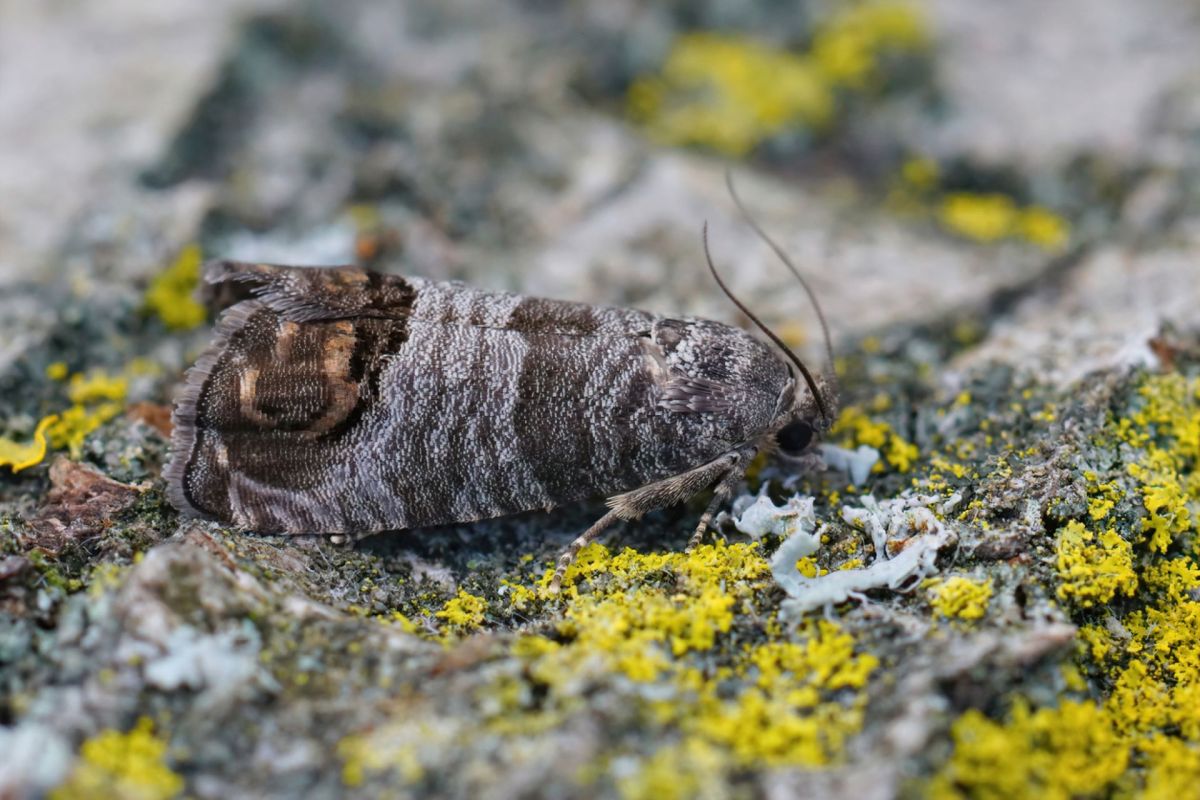Organic pest control company M3 Agriculture Technologies received a $1 million grant from the National Nuclear Security Administration's Office of Radiological Security in October to develop an X-ray-based approach to insect suppression and eradication.
The ORS paired with Sandia National Laboratories to select candidates that are aligned with their mission to reduce the dangers posed by radioactive sources by switching to non-radioisotopic irradiation processes.
The partnership landed on M3, which utilizes gamma radiation to sterilize species in a method it calls the sterile insect technique. It then releases the infertile insects from a drone into orchards already infested with the undesirable species so they can reproduce with wild populations and create unviable offspring.
The mating disruption leads to a decline in the targeted species and avoids harm to beneficial insects crucial to the ecosystem by eschewing toxic chemicals that can adversely affect humans and wildlife.
"SIT is perfect for suppressing populations, excluding them from leaving a region or preventing the introduction into another," the company website states.
The grant will allow M3 to transition to a safer alternative in X-rays to further limit its environmental impact, promising "enhanced safety, elimination of security risks posed by radioactive sources, and simplified deployment." Furthermore, it will make the technology more accessible to regions without the resources for gamma irradiators.
"By transitioning from gamma radiation to X-ray-based sterilization, M3 is not only ensuring a more environmentally friendly approach to invasive species but also broadening the reach of these game-changing technologies to regions with limited resources," CEO Nathan Moses-Gonzales said in a news release.
It's another piece of the puzzle for food security, as researchers have already begun creating disease- and climate-resistant crops.
According to the statement, M3 is dedicating its efforts to mitigating the economic threats caused by the codling moth and navel orangeworm. The former has devastated apple and pear yields, while the latter has negatively affected the almond and pistachio industries.
"Invasive species are currently responsible for upwards of 40% of annual food production losses," Moses-Gonzales said. "The innovative methods developed by M3 and [supported by] Sandia will offer a sustainable and organic solution to this pressing need."
Join our free newsletter for weekly updates on the coolest innovations improving our lives and saving our planet.









